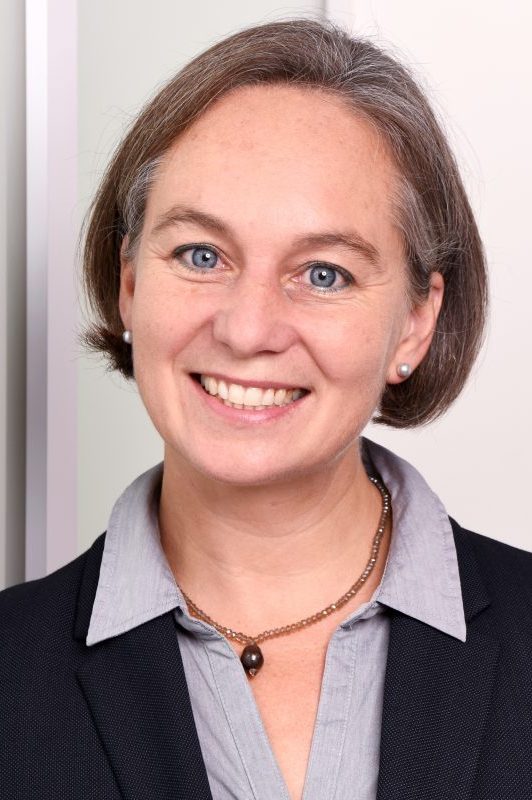TYPES OF LANGUAGE COURSES
In the development of language-stay programmes for adults, language schools are placing increasing importance on the career focus of the lessons. In addition to the classic business course, it is also possible to work on specific professional requirements through targeted, one-to-one tuition, usually in combination with group courses. Be it technical, social, management, engineering, sales or teaching careers, bespoke language stays have become increasingly common.
A language stay includes regular language classes, accommodation, travel to and from the site and a programme of leisure and cultural activities. In the learner’s free time, there are many opportunities for getting to know not only the country and its people, but also the other international participants. Courses are taught in groups of learners from different countries.
Language stays of various durations are available for travellers of practically any age. A wide range of languages can be learned or improved in many different countries around the world.
Today, language stays are increasingly viewed as a lifestyle product that satisfies our desire for meaningful travel experiences by offering a perfect combination of personal development, interesting acquaintanceships and various sports and cultural activities. Not only communicative singles but also “over-50s” have discovered language-stay programmes as an ideal type of holiday. Most of the participants between the age of 55 and 65 who take part in special 50+/60+ programmes have not only a strong interest in other cultures, but also a desire to make contact with people from the host country and explore the region with like-minded travellers.
In addition, there are many special programmes of activities that provide opportunities for experiencing the country’s unique traditions or visiting tourist attractions.
AVERAGE PROGRAMME LENGTH
Most language-stay programmes are 2 to 3 weeks in length and take place during the summer holidays.
TYPES OF PROGRAMMES AND COURSES
The most popular type of course is the classic language-stay programme with morning classes – or both morning and afternoon classes if an intensive course is chosen – combined with a homestay. The choice of language course is generally based on the needs and aims of the participant.
Options range from standard and intensive courses to mini-group courses, business courses and bespoke private tuition. These options can also be combined: e.g. a mini-group course (max. 8 participants) with private tuition. In targeted, one-to-one lessons, usually combined with group courses, it is possible to work on specific professional requirements.
| Holiday Course | 15 lessons per week. Covers general language skills, e.g. vocabulary, grammar and conversation. |
| Main Course/ Standard Course | 20 lessons per week. Covers general language skills, e.g. vocabulary, grammar and conversation. |
| Intensive Course/ Mini-Group Course/ Combination Course | 25 – 30 lessons per week in standard groups of no more than 15 participants. Mini-group courses are particularly effective owing to the small group size of 6 – 8 participants. In addition to courses covering general language skills, it is also possible to book one-to-one tuition on specific topics. Intensive and mini-group courses with a focus on business are also available. |
| Private Tuition | An ideal alternative for language travellers with a limited amount of time. This option enables the participant to achieve optimal results within a short time frame. These courses can be booked with a specified number of lessons or areas of focus. The minimum programme length is one week. |
In addition to the classic types of courses, numerous special formats are available, including family language stays and exam-preparation courses.
WHAT TYPES OF ACCOMMODATION ARE AVAILABLE?
Participants can book their accommodation in a host family, an apartment, a shared flat, a student residence or a hotel. The least expensive and certainly most authentic option is a homestay (host family). Participants who prefer to be more independent and spend their time in a group of people with similar interests should choose a shared flat or student residence. An apartment or hotel offers more comfort, but these options are also much more expensive. Those who do not mind sacrificing a little flexibility for the chance to fully immerse themselves in local life should choose a homestay. By the way, this form of accommodation can be booked by participants of any age.
HOW IMPORTANT ARE LEISURE PROGRAMMES, AND WHAT TYPES OF ACTIVITIES ARE OFFERED?
Adults enjoy the flexibility of being able to choose between participating in organised extracurricular activities or planning their own activities based on personal interests. Leisure activities complement the language lessons and play a very important role in the overall language-stay experience. These activities give the participants more opportunities to improve their skills and spend time with other language learners while getting to know the country and its people. In this sense, excursions and tours are important components of the language stay.
TRAVEL AND LOCAL TRANSFERS
For most of the programmes, customers can either organise and book their own travel or choose an all-inclusive package that covers travel to and from the site.
Customers who, for example, plan to use their own car or think they could find less expensive travel options themselves should choose “independent travel arrangements”. It is also possible to request that the travel costs be subtracted from an all-inclusive package. However, bear in mind that booking your own travel does not always pay off in the end.

